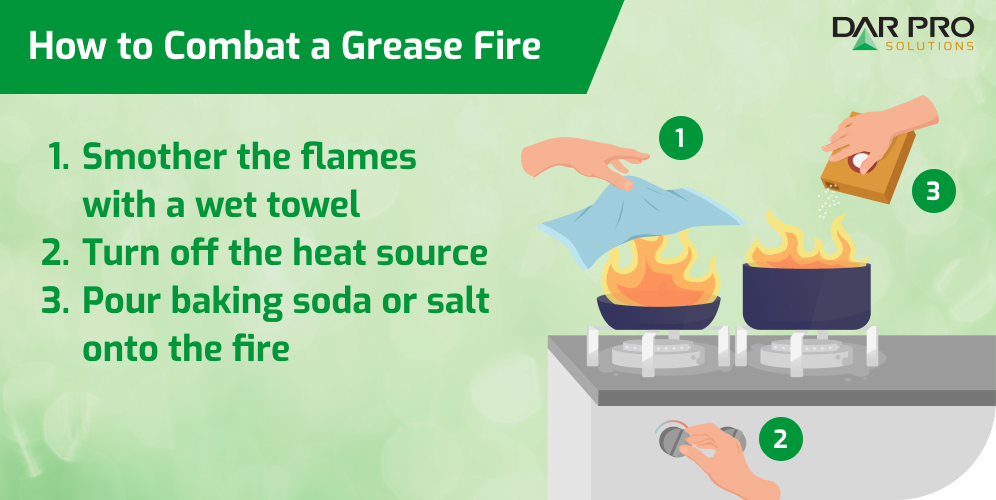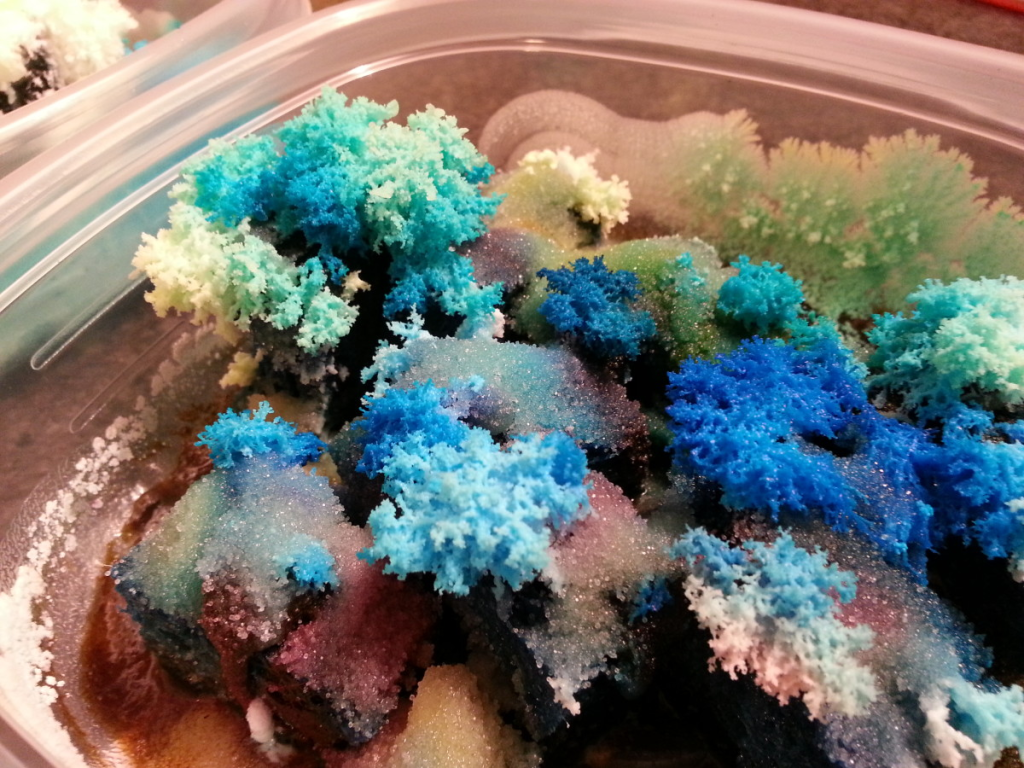
Salt is a common kitchen staple. We use it to season our food, melt ice on winter roads, and even as a cleaning agent. But have you ever wondered, “Does salt burn?” It’s a question that has crossed the minds of many curious individuals. In this comprehensive guide, we’ll take a deep look into the science behind salt, its reaction with fire, and explore various scenarios to uncover the truth. So, let’s find the answer to the question of will salt burn.
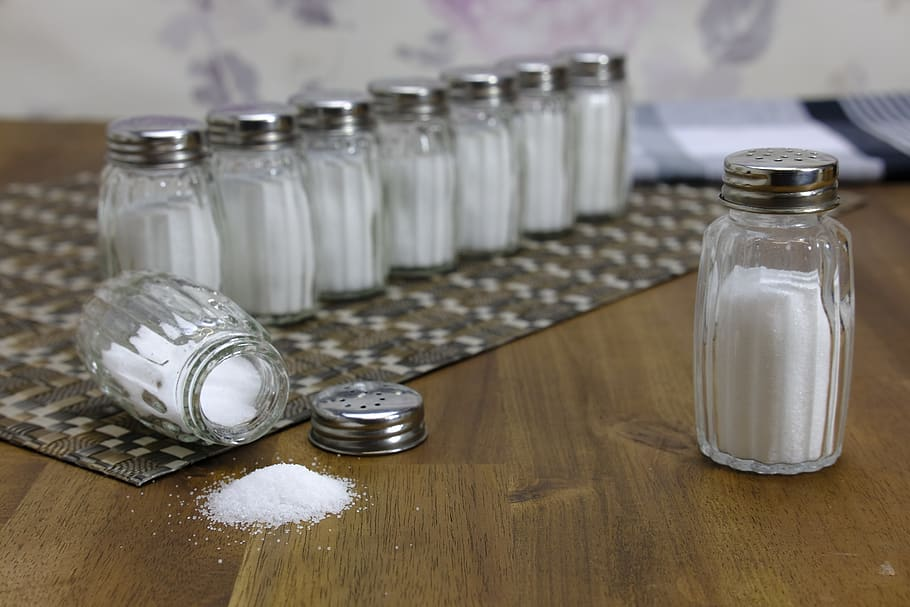
Understanding Salt:
Salt, in its most common form, is sodium chloride (NaCl). It’s a compound made up of two elements: sodium (Na) and chlorine (Cl). Salt exists in the form of small, white crystals that dissolve easily in water. It’s found in large quantities in seawater and is obtained through processes like evaporation and mining. Salt is widely used for its flavor-enhancing properties and as a food preservative due to its ability to inhibit microbial growth.
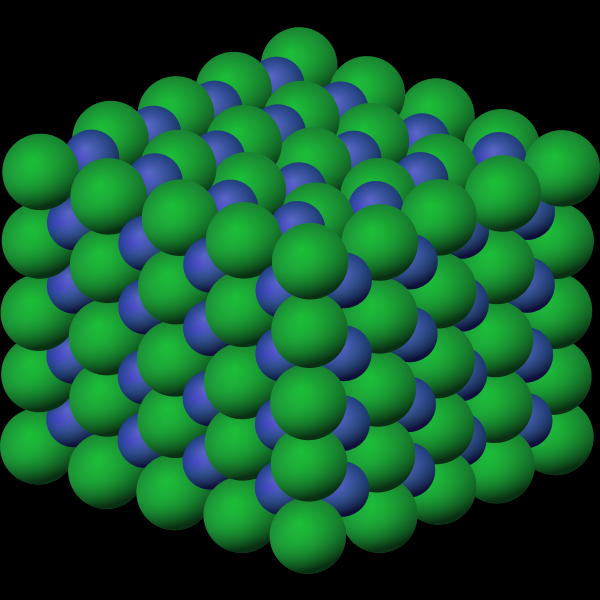
The Science of Combustion
Before we look into whether salt can burn, let’s briefly explore the science of combustion. Combustion is a chemical reaction that occurs when a substance reacts with oxygen (O2) to produce heat, light, and often, flames. For combustion to take place, three essential components are required: fuel, oxygen, and heat.
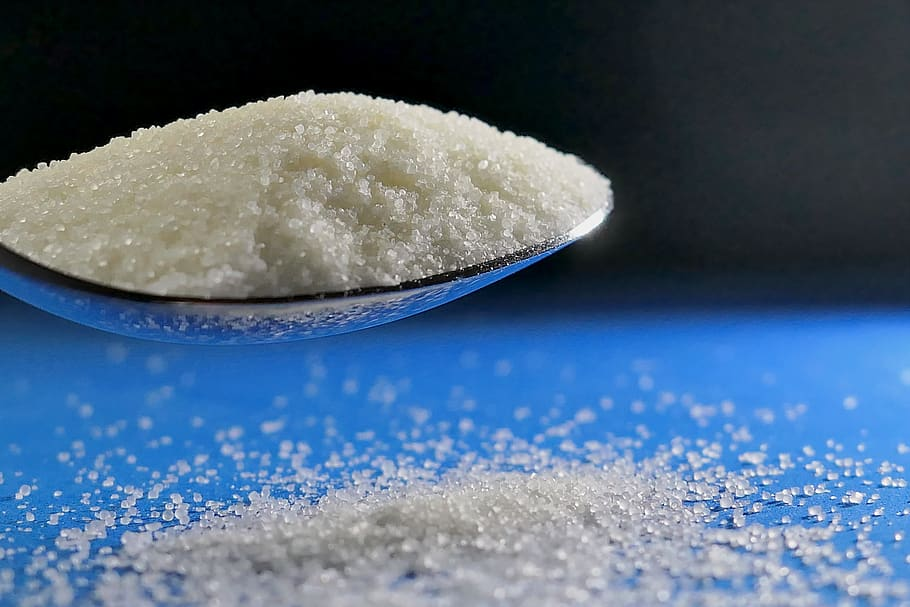
Salt and Fire
Now, let’s get to the heart of the matter. Can salt burn? The short answer is no, salt itself does not burn. In fact, salt is often used to extinguish fires, especially in small grease fires that can occur in kitchens.
Here’s why salt doesn’t burn:
- Chemical Composition: As mentioned earlier, salt is composed of sodium and chlorine. Neither of these elements readily reacts with oxygen at room temperature.
- High Melting Point: Salt has a high melting point (about 801 degrees Celsius or 1474 degrees Fahrenheit). This means it needs extremely high temperatures to even start melting, let alone catch fire.
- Absence of Fuel: Salt is not a fuel. In combustion, a fuel source is needed to produce flames. Salt does not provide the necessary fuel component for combustion.
The Role of Salt in Fire Safety:
Salt has long been used for its fire-suppressing properties. Sodium chloride can be used in certain types of fire extinguishers, particularly those designed for combating fires involving combustible metals. The salt forms a crusty layer on the metal’s surface, inhibiting oxygen flow and heat transfer, ultimately extinguishing the fire.
Potential Misconceptions:
There are some myths and misconceptions surrounding salt and its relationship with fire. Let’s debunk a few of them:
- Salt as a Firestarter: Some people believe that salt can be used as a firestarter, similar to how kindling or matches work. This is not true. Salt does not ignite or sustain a fire.
- Colorful Flames: Another myth suggests that adding salt to a fire can produce colorful flames. While certain chemicals can produce colorful flames when burned, salt is not one of them. In fact, salt typically results in a yellow flame, similar to the color of a regular wood fire.
The Role of Salt in Cooking
While salt may not burn, it plays a crucial role in cooking. It enhances the flavor of food by interacting with the taste buds on our tongues. Salt can also be used to:
- Preserve Food: Historically, salt has been used as a preservative to extend the shelf life of various foods, such as meats and fish.
- Raise Boiling Point: Adding salt to water can increase its boiling point, which can be helpful in cooking pasta and vegetables.
- Deicing: In cold climates, salt is commonly used to melt ice on roads and sidewalks, improving safety during winter.
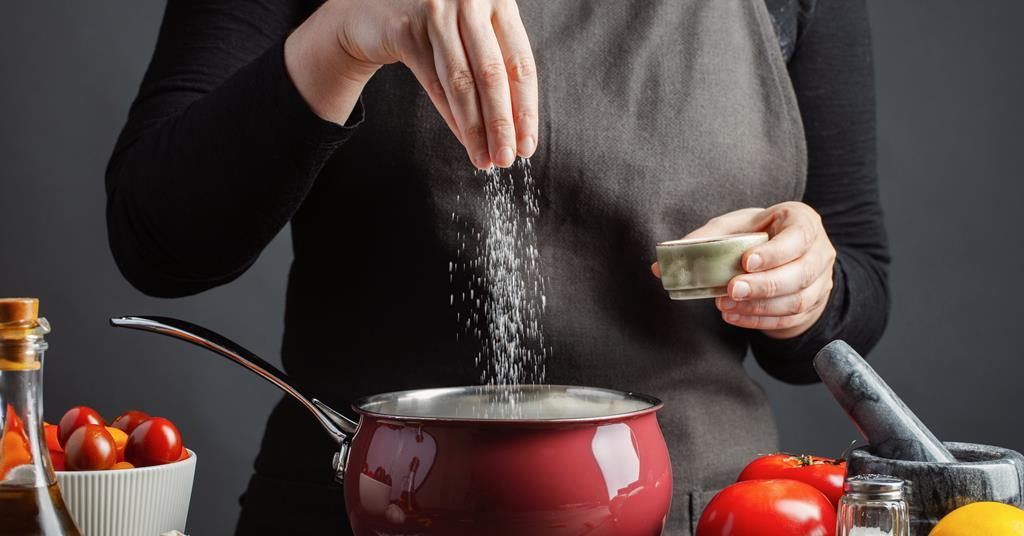
Fun with Salt Crystals
Although salt doesn’t burn, it can be the star of some fun and educational experiments involving crystals. You can grow your own salt crystals at home with a few simple steps:
- Salt Crystal Garden: Create a “garden” of salt crystals by dissolving salt in hot water and letting it slowly evaporate, leaving behind beautiful salt crystals.
- Salt Volcano: Make a mini volcano using salt, baking soda, and vinegar to create a foamy eruption.
Safety Precautions:
While salt is not flammable, it is important to exercise caution when using it in conjunction with open flames or fire-related activities. Accidental spills or contact with combustible materials in the presence of an ignition source can still pose fire hazards. Following appropriate safety guidelines and practices is crucial to ensure personal and environmental safety.
Take Away:
In the quest to answer the question, “Does salt burn?” we’ve discovered that salt itself does not burn. It lacks the properties of a fuel source and requires extremely high temperatures to even begin melting. However, salt can play a crucial role in fire safety when used to smother small grease fires.
And there you have it, the truth about salt and its relationship with fire. It may not be a firestarter, but it sure is a culinary superstar in the kitchen!
Some FAQs on Salt
- Why is salt important for our bodies?
- Salt is essential for maintaining various bodily functions, including regulating fluid balance, nerve function, and muscle contractions. It also plays a role in maintaining blood pressure.
- How much salt should I consume daily?
- The recommended daily intake of salt for adults is around 2,300 milligrams (about one teaspoon). However, many health experts suggest even lower levels to reduce the risk of high blood pressure and related health issues.
- What are the different types of salt available?
- Common types of salt include table salt, sea salt, kosher salt, and Himalayan salt. Each type has its unique characteristics and uses in cooking.
- Is sea salt healthier than table salt?
- Sea salt and table salt are nutritionally similar, as both are primarily composed of sodium chloride. However, sea salt may contain trace minerals that give it a slightly different taste and appearance.
- Why is salt used to melt ice on roads in winter?
- Salt is used as a de-icer because it lowers the freezing point of water. When spread on icy roads, it helps melt the ice and improve traction for vehicles.
- Can salt be used as a cleaning agent?
- Yes, salt can be used as a natural abrasive cleaner. It’s effective for scrubbing surfaces, removing stains, and even cleaning certain kitchen appliances.
- What is the role of salt in food preservation?
- Salt has been used for centuries to preserve food by inhibiting the growth of bacteria and other microorganisms. It draws out moisture from food, creating an environment that is less hospitable to spoilage.
- Does salt make water boil faster?
- Adding salt to water can increase its boiling point, but the effect is relatively small. It’s often done more for flavoring food than for a significant change in boiling time.
- Can salt catch fire or burn?
- No, salt itself does not burn. It lacks the properties of a fuel source and requires extremely high temperatures to even begin melting.
- Will salt burn my skin if it comes into contact with it?
- No, salt itself will not burn your skin. In fact, salt is commonly used in various skincare products like salt scrubs and bath salts for its exfoliating and soothing properties. However, if you have open cuts or wounds on your skin, salt can sting or cause discomfort.
- Is saltwater inflammable?
- No, saltwater (a solution of salt dissolved in water) is not inflammable. In fact, water, which is the main component of saltwater, is known for its ability to extinguish flames. Salt, being a non-combustible substance, does not contribute to the flammability of water.
